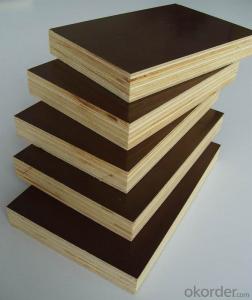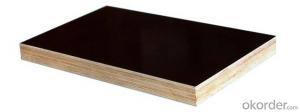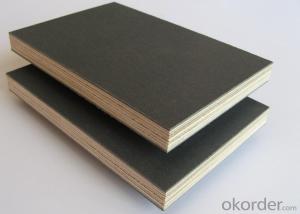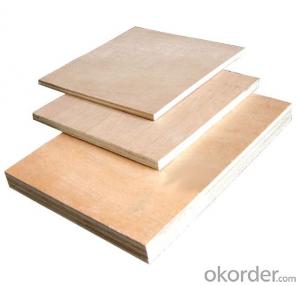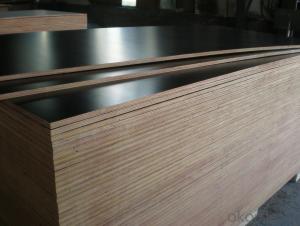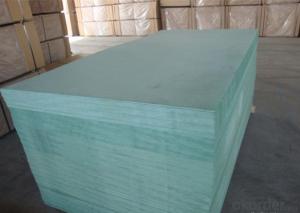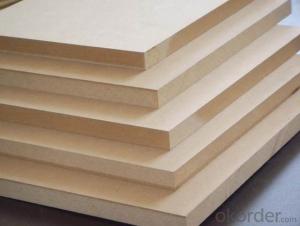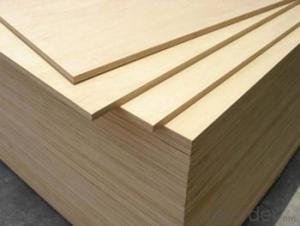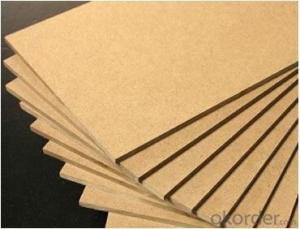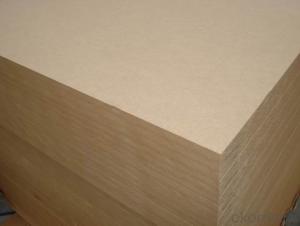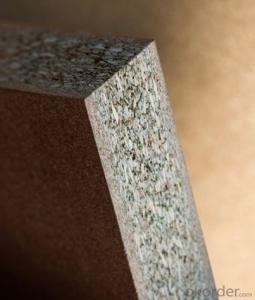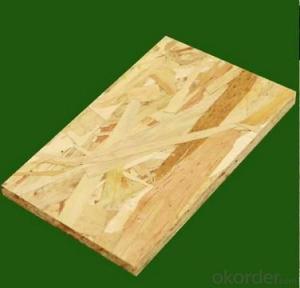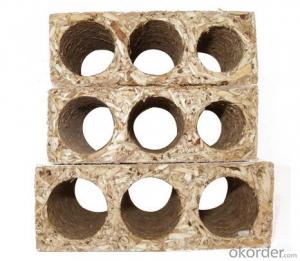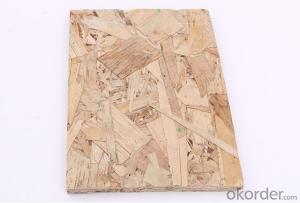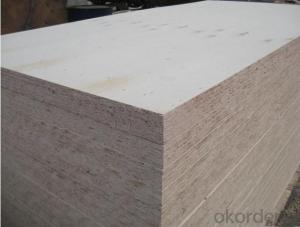All Categories
- - Steel Wire Rod
- - Steel Coils
- - Steel Profiles
- - Steel Pipes
- - Stainless Steel
- - Tinplate
- - Special Steel
- - Steel Sheets
- - Steel Rebars
- - Steel Strips
- - Hot Rolled Steel
- - Cold Rolled Steel
- - Pre-painted Steel
- - Seamless Steel Pipe
- - Welded Steel Pipe
- - Hollow Steel Tubes
- - Galvanized Pipe
- - Stainless Steel Coil
- - Stainless Steel Sheet
- - Stainless Steel Plate
- - Stainless Steel Strips
- - Electrolytic Tinplate Coil
- - Electrolytic Tinplate Sheet
- - Stainless Steel Rebars
- - Solar Panels
- - Solar Water Heater
- - Solar Related Products
- - Solar Inverter
- - Solar Cells
- - Solar Light
- - Solar Energy Systems
- - Solar Controllers
- - Solar Mounting System
- - Solar Pump
- - Solar Chargers
- - Fiberglass Chopped Strand
- - Fiberglass Mesh Cloth
- - Composite Pipes
- - FRP Pultrusion Profiles
- - Fiberglass Mat Tissue
- - Fiberglass Fabrics
- - Fiberglass Mesh
- - Composite Tank
- - Fiberglass Mesh tape
- - Polymer
- - FRP Roofing Panel
- - Fiberglass Roving
- - Monolithic Refractories
- - Ceramic Fiber Products
- - Refractory Bricks
- - Raw Materials For Refractory
- - Suspended Platform
- - Cranes
- - Concrete Machinery
- - Earthmoving Machinery
- - Building Hoist
- - Road Building Machinery
- - Plastic Pipe Fittings
- - Plastic Tubes
- - Plastic Sheets
- - Agricultural Plastic Products
- - Plastic Nets
 All Categories
All Categories
Q & A
Are artificial boards more eco-friendly than natural wood?
It depends on the specific circumstances and criteria used to evaluate eco-friendliness. Artificial boards, such as particleboard or medium-density fiberboard (MDF), can be considered more eco-friendly than natural wood in certain aspects. They are often made from recycled wood fibers or agricultural waste, reducing the demand for virgin timber. Additionally, they can be manufactured with fewer defects and waste compared to cutting natural wood boards. However, artificial boards may have higher energy requirements and release volatile organic compounds during production. Ultimately, a comprehensive life cycle analysis is needed to determine their overall environmental impact.
Are artificial boards suitable for creating custom signage or branding elements?
Yes, artificial boards are suitable for creating custom signage or branding elements. They offer versatility in terms of design, size, and shape, and can be easily customized to fit specific branding requirements. Additionally, they are durable, weather-resistant, and offer a wide range of finishes, making them an ideal choice for creating impactful signage and branding elements.
Are there any specific precautions when working with artificial boards?
Yes, there are several precautions to consider when working with artificial boards. Firstly, it is important to wear personal protective equipment such as safety goggles, gloves, and a dust mask to protect against any potential hazards. Artificial boards often produce fine dust particles when cut or sanded, which can be harmful if inhaled or ingested. Additionally, it is crucial to work in a well-ventilated area or use a dust collection system to minimize the dust exposure. When using power tools, make sure to follow the manufacturer's instructions and use appropriate safety guards to prevent accidents. Lastly, be cautious of sharp edges and splinters that may be present on artificial boards, as they can cause injuries.
Are artificial boards resistant to mold and mildew?
Yes, artificial boards are generally resistant to mold and mildew.
Wholesale Artificial Boards from supplier in Benin
Whether you are in need of particle boards, MDF boards, plywood, or any other type of artificial boards, we have a wide selection to meet your specific requirements. Our products are sourced from reputable manufacturers and undergo rigorous quality control measures to ensure their durability and performance.
In addition to our high-quality products, we also offer sales, quotation, and technical support services to assist you throughout the procurement process. Our dedicated team of professionals will work closely with you to understand your needs and provide tailored solutions that meet your budget and timeline.
As a subsidiary of CNBM, a Fortune Global 500 company, we have the resources and expertise to efficiently handle large-scale projects and deliver on time. We have a strong network of suppliers and logistics partners, enabling us to provide convenient and reliable supply chain management.
Our experience in the Benin market sets us apart from our competitors. We have a deep understanding of the local industry landscape, regulations, and market trends. This knowledge allows us to provide valuable insights and recommendations to enhance the success of your projects. Whether you are a contractor, developer, or architect, we can offer guidance and support to help you make informed decisions.
At our company, customer satisfaction is our top priority. We strive to exceed your expectations by providing exceptional products and services. Our team is committed to building long-term relationships with our clients based on trust, reliability, and mutual success.
Contact us today to discuss your artificial board requirements in Benin. We look forward to partnering with you and contributing to the success of your projects.
In addition to our high-quality products, we also offer sales, quotation, and technical support services to assist you throughout the procurement process. Our dedicated team of professionals will work closely with you to understand your needs and provide tailored solutions that meet your budget and timeline.
As a subsidiary of CNBM, a Fortune Global 500 company, we have the resources and expertise to efficiently handle large-scale projects and deliver on time. We have a strong network of suppliers and logistics partners, enabling us to provide convenient and reliable supply chain management.
Our experience in the Benin market sets us apart from our competitors. We have a deep understanding of the local industry landscape, regulations, and market trends. This knowledge allows us to provide valuable insights and recommendations to enhance the success of your projects. Whether you are a contractor, developer, or architect, we can offer guidance and support to help you make informed decisions.
At our company, customer satisfaction is our top priority. We strive to exceed your expectations by providing exceptional products and services. Our team is committed to building long-term relationships with our clients based on trust, reliability, and mutual success.
Contact us today to discuss your artificial board requirements in Benin. We look forward to partnering with you and contributing to the success of your projects.
